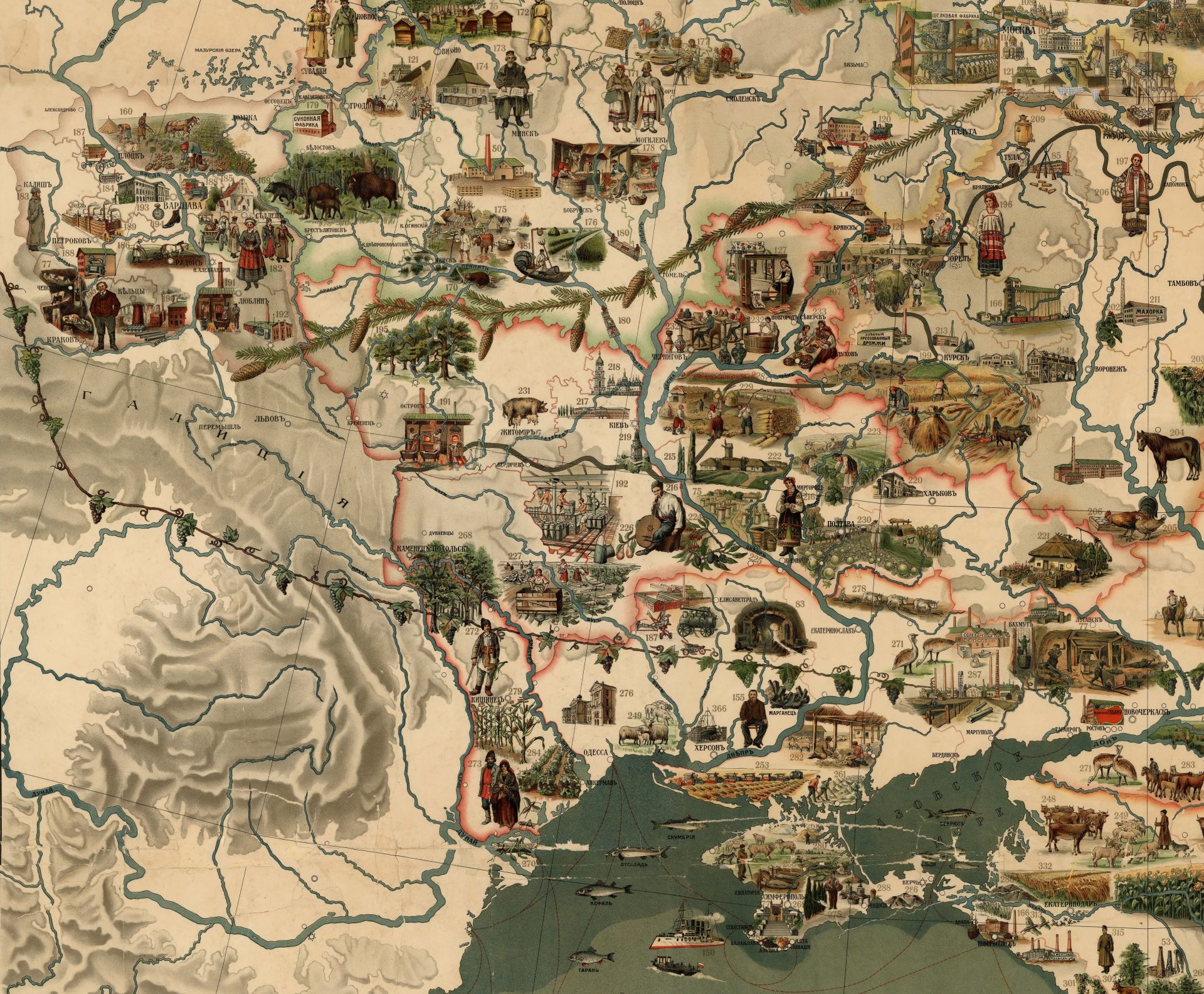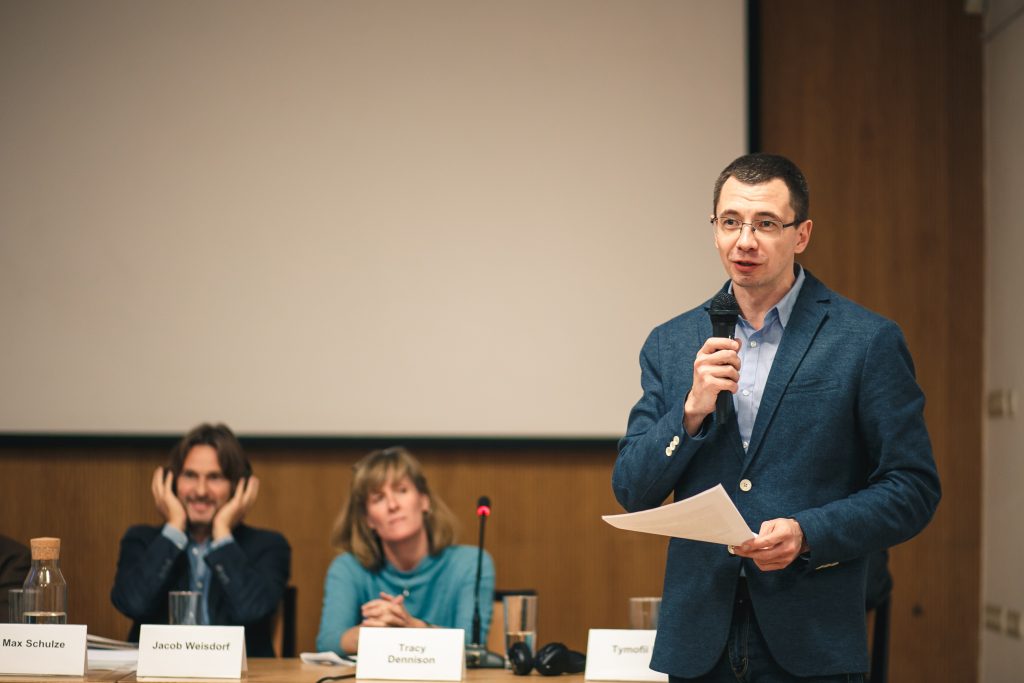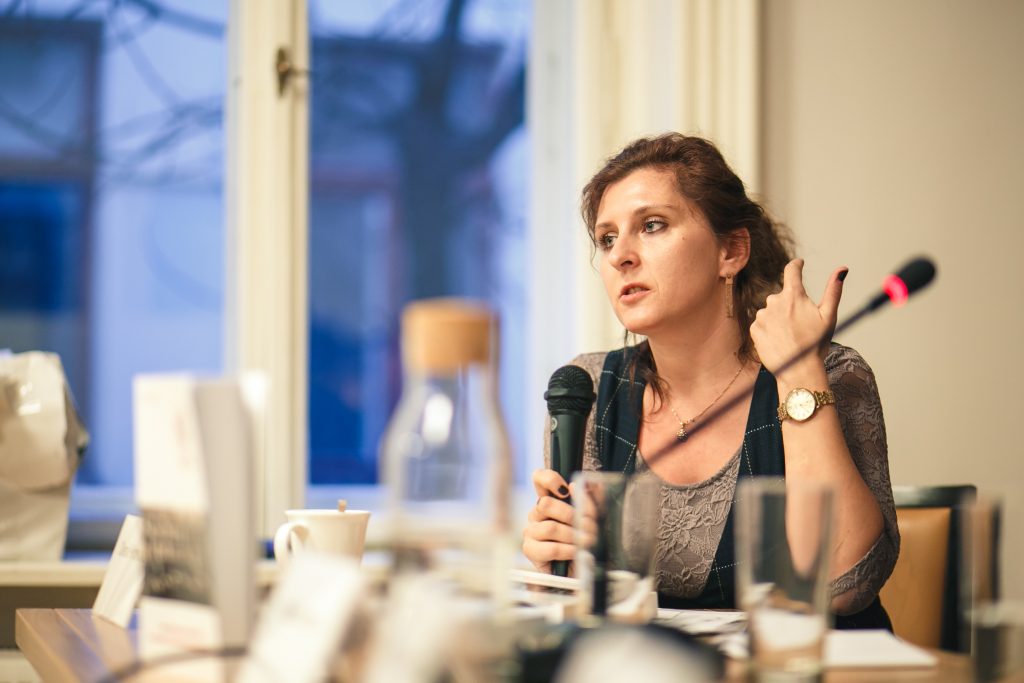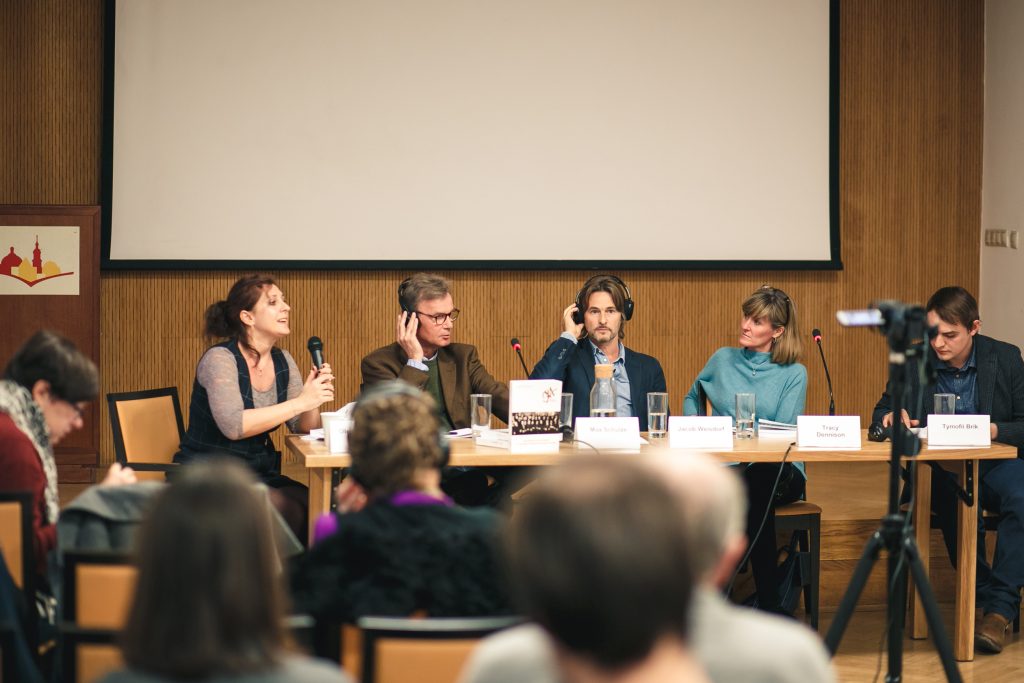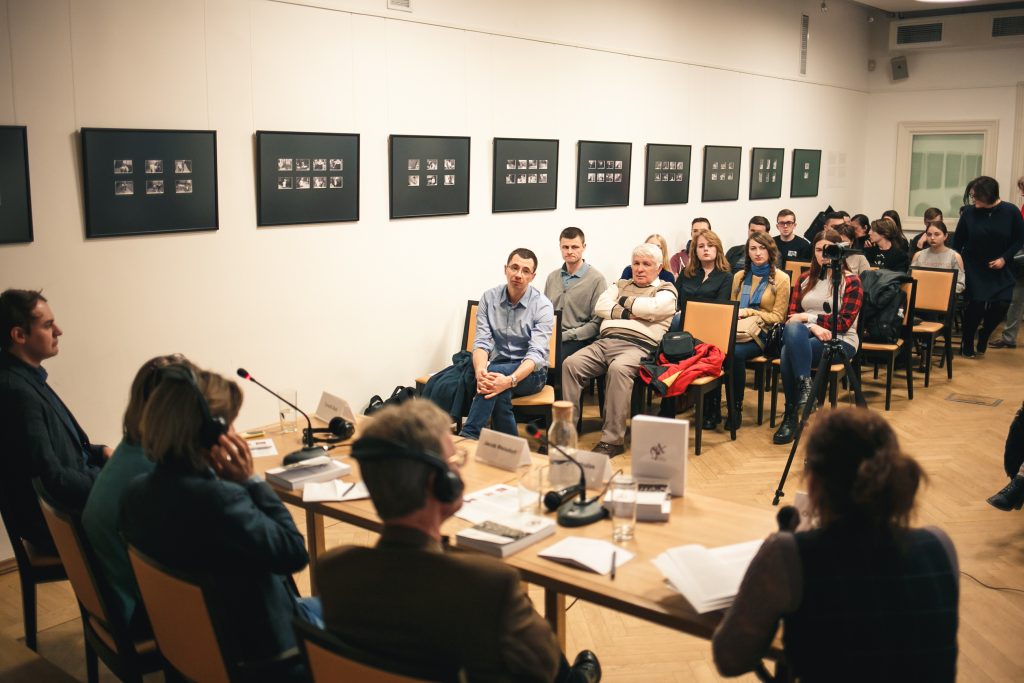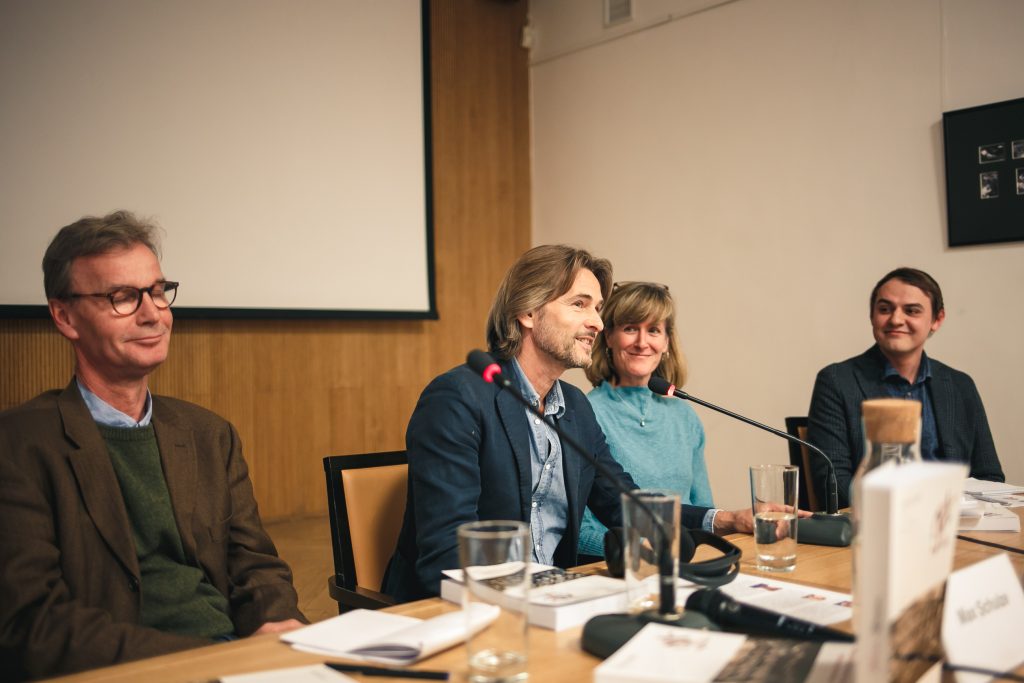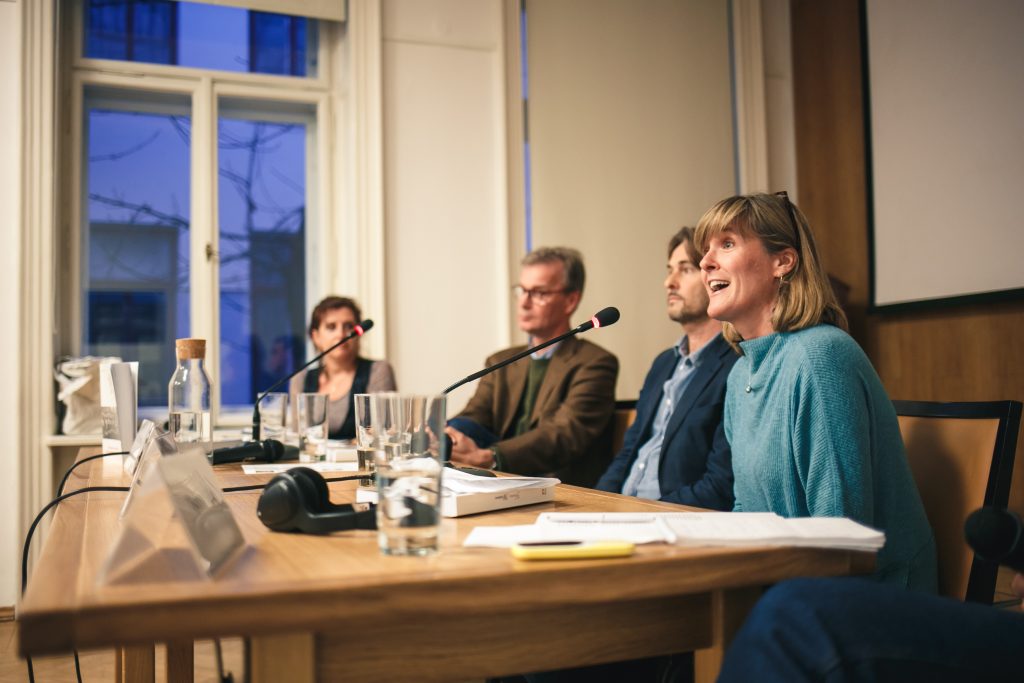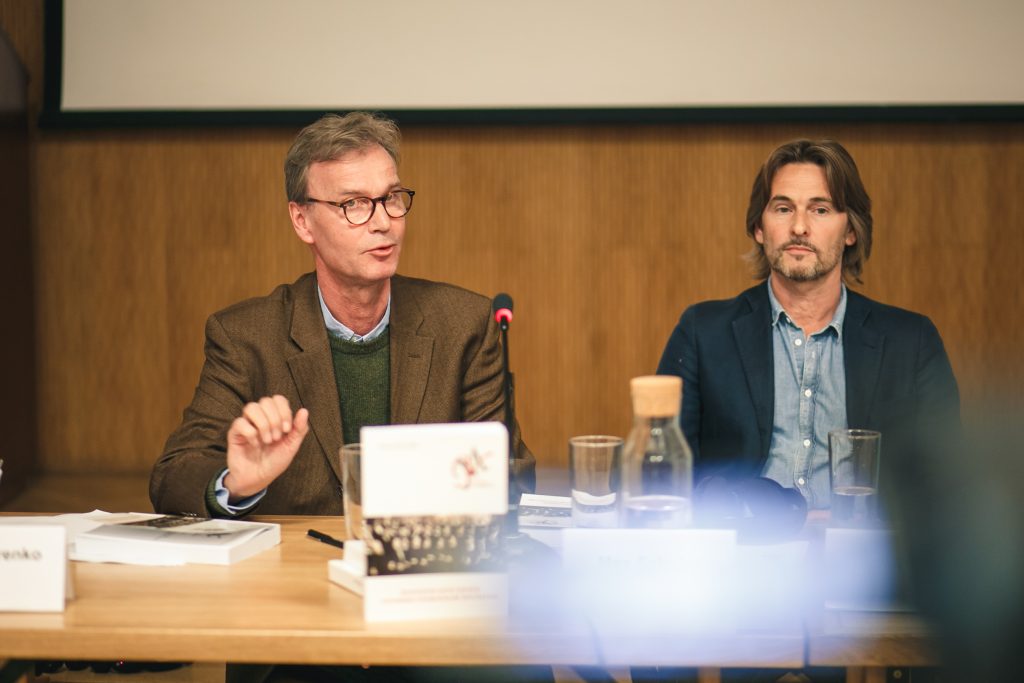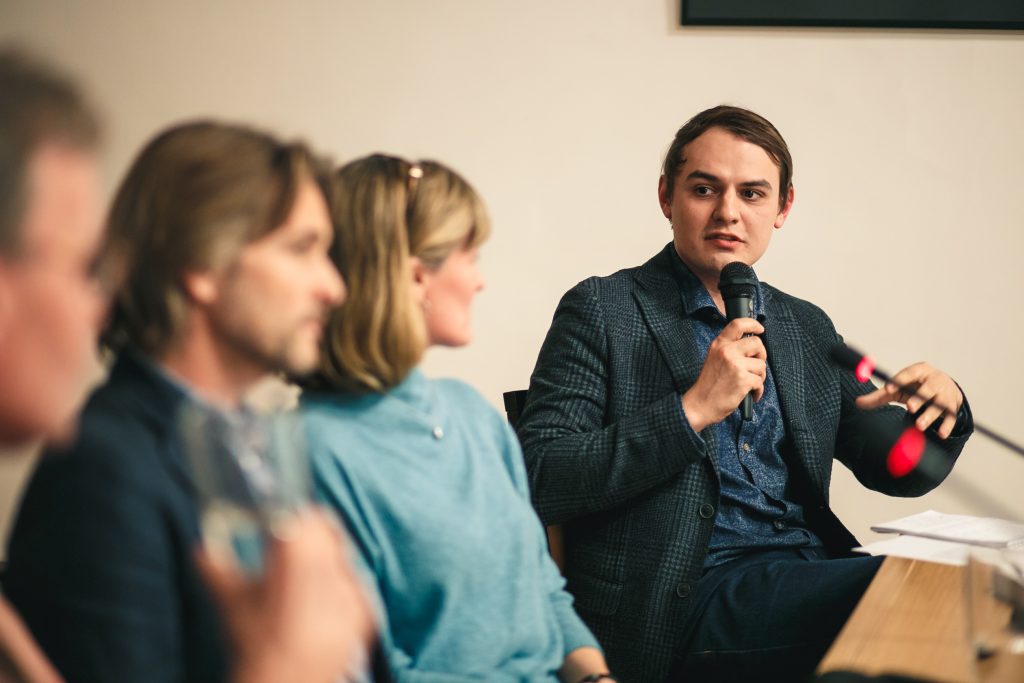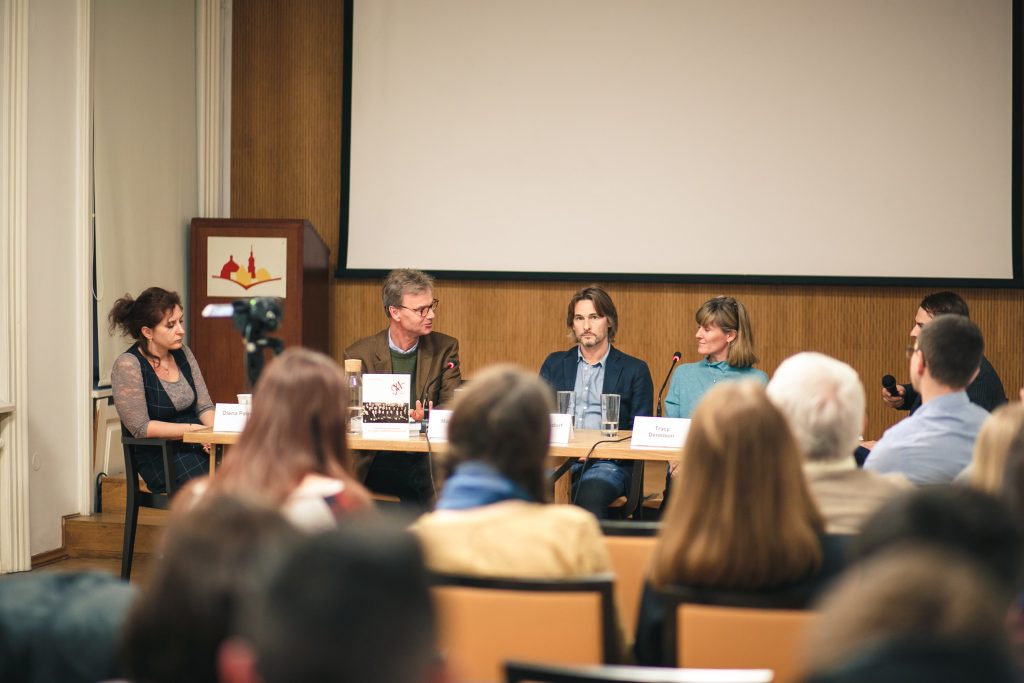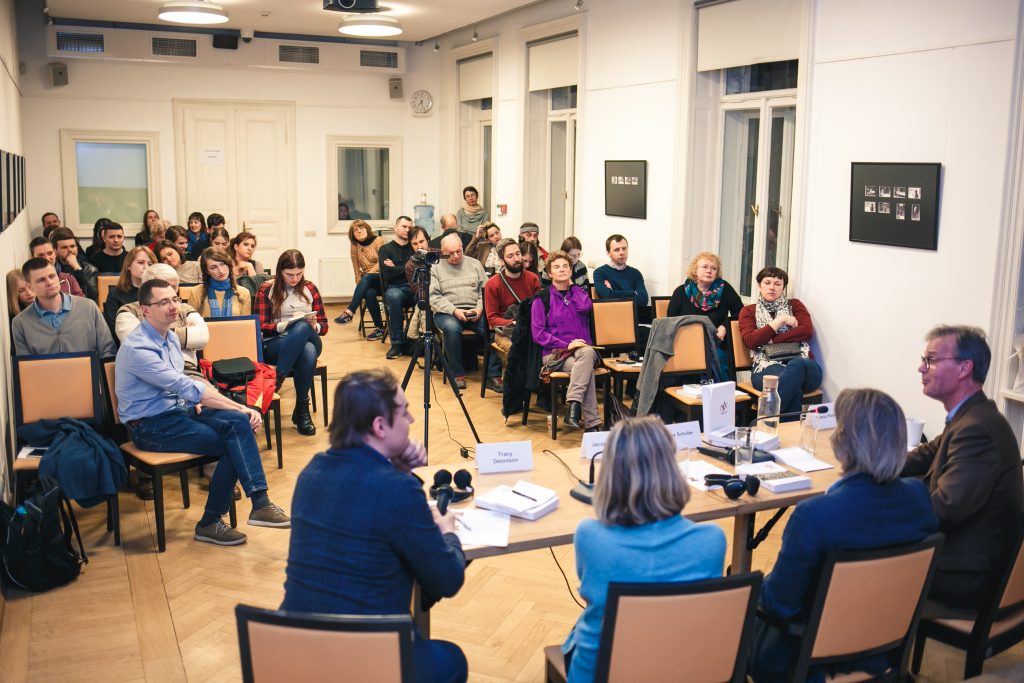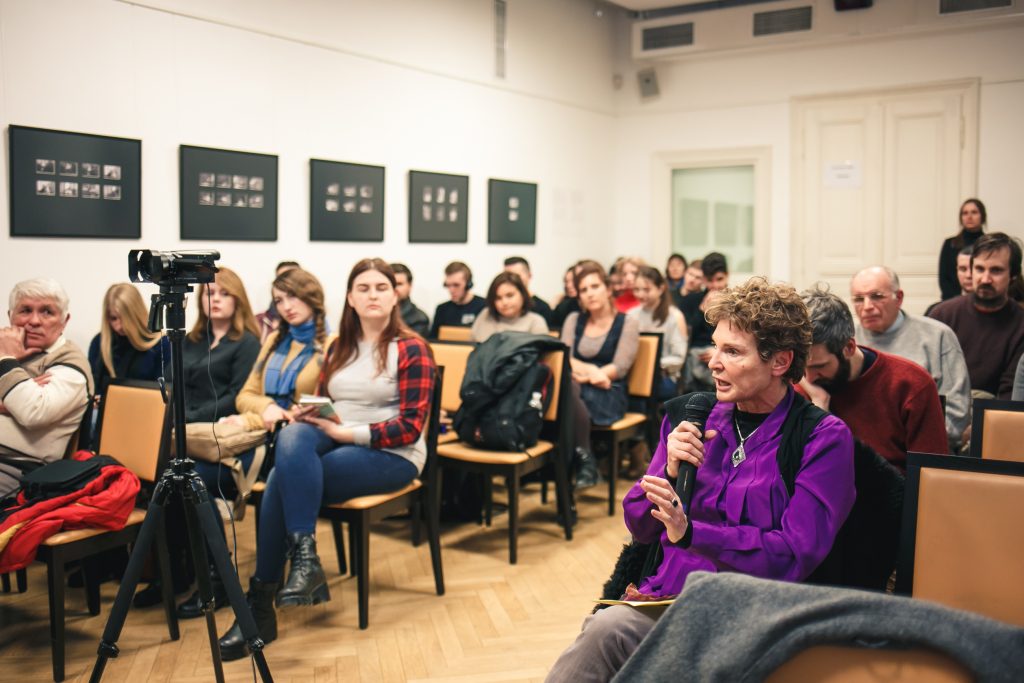"The Little Divergence" within Imperial Eastern Europe: Institutions, Economic Development, and Peripherality
March 28, 2019 / 6.30 pm
Center for Urban History, Lviv
Inequalities in incomes and living standards are high on the global agenda. Economic historians play a key role in understanding the root causes of today’s differences. This discussion focuses on the differences and similarities in the very long-run development patterns of Eastern and Western Europe that possibly led to where we are today.
We aim to provide tentative answers to the following questions: What does Eastern Europe in the eighteenth and nineteenth centuries mean from the perspective of economic historians? How peripheral was this region compared to Western Europe? Did Eastern Europe really catch up to the west in the late nineteenth century, using the advantages of backwardness? Why do modern economic historians tend to avoid the cliché about the "traditional" village and "modern" city? Would there be advantages to keeping a binary opposition between these? What are the key theories used by economic historians to understand cross-regional European development patterns? What does the available evidence say? How can scholarly efforts in Ukraine help the debate forward? We will raise these questions together with the invited experts in economic history, an established discipline in Western Europe and Northern America, but largely neglected in Ukraine.
We will also discuss the great and little divergences in the economic development and social structures of the Austro-Hungarian and Russian empires and whether it makes sense at all to talk about Eastern Europe as a region in the nineteenth century.
The guests will tell us about the recent trends and perspectives in the economic history of Eastern Europe. We will map up the current most important discussions in the leading journals and international conferences on economic history and how these discussions contribute to our understanding of the broader historical context.
The discussion will be in English with a simultaneous translation.
A new issue of the Ukraina Moderna Journal on "The Economic Elite of Ukraine from a Comparative Historical Perspective" will be presented.
Moderators:
Tymofii Brik, an Assistant Professor at Kyiv School of Economics
Olena Petrenko, a research fellow and lecturer at the Ruhr-Universität Bochum.
Invited experts:
Tracy Dennison, California Institute of Technology
Max Schulze, London School of Economics and Political Science
Jacob Weisdorf, University of Southern Denmark
The discussion is a part of the workshop "The Economic Elites of Ukraine and Central-Eastern Europe: a Comparative Historical Perspective" which takes place at the Ukrainian Catholic University (March 28-29, 2019).
The event is supported by Contemporary Ukraine Studies Program at the Canadian Institute of Ukrainian Studies, University of Alberta.
With the information support by Україна модерна | Ukraïna moderna uamoderna.com
Experts bios
Tracy Dennison
is Professor of Social Science History at California Institute of Technology, the author of numerous publications on Russian economic history,
including “The Institutional Framework of Russian Serfdom” (Cambridge, 2011). The book has won several awards, such as W. Bruce Lincoln Prize for Best First Monograph (Association for Slavic, East European, and Eurasian Studies); Henry A Wallace Prize for Best Book in Non-U.S. Agricultural History
(Agricultural History Society) and Economic History Society Prize for Best First Monograph. Now Tracy Dennison is working on a new book about the political economy of imperial Russia, examining serfdom and emancipation in the context of state capacity and fiscal reform.
Max Schulze
is Professor of Economic History at the London School of Economics and Political Science. His research interests include European
economic history, long-run growth, market integration and historical economic geography. Among his publications are “Patterns of Growth and Stagnation in the Late Nineteenth Century Habsburg Economy,” European Review of Economic History 4, no. 3 (2000); “On the Economic Consequences of the Peace: Trade and Borders after Versailles,” Journal of Economic History 71, No. 4 (2011), with N. Wolf & H.C. Heinemeyer [Arthur H Cole Prize 2012 for best article published in the JEH 2011]; “Economic Nationalism and Economic Integration: the Austro-Hungarian Empire in the late 19th Century”, with N. Wolf, Economic History Review 65, 2 (2012); “How Peripheral was the Periphery? Industrialization in East Central Europe since 1870,” with A. Klein & T. Vonyó, in K. O’Rourke & J. Williamson (Oxford, 2017); “Benefits of Empire? Capital Market Integration North and South of the Alps, 1350-1800”, with D. Chilosi and O. Volckart, Journal of Economic History 78, No. 3 (2018).
Jacob Weisdorf
is a Professor of economics at the University of Southern Denmark, a research fellow at the CEPR in London, a research associate of the CAGE in Warwick, and a research affiliate at the Sant’Anna School of Advanced Studies in Pisa. His research interests concern the forces that led to the wealth of nations, including recent studies on England (the cradle of the industrial revolution), Italy (an industrial runner-up), and sub-Saharan Africa (a still-tocome region). Prof Weisdorf is also a former editor of the Scandinavian Economic History Review. He is an author of numerous articles on economic history including “From Foraging to Farming: Explaining the Neolithic Revolution,” Journal of Economic Surveys 19, no. 4 (2005); “Human Capital
Formation from Occupations: The ‘Deskilling Hypothesis’ Revisited,” Cliometrica 11, no. 1 (2017); “Fecundity, Fertility and the Formation of Human Capital,” The Economic Journal (2016).
Credits
Сover Image: Russian State Library
Image Gallery by Vitaliy Solopchuk
